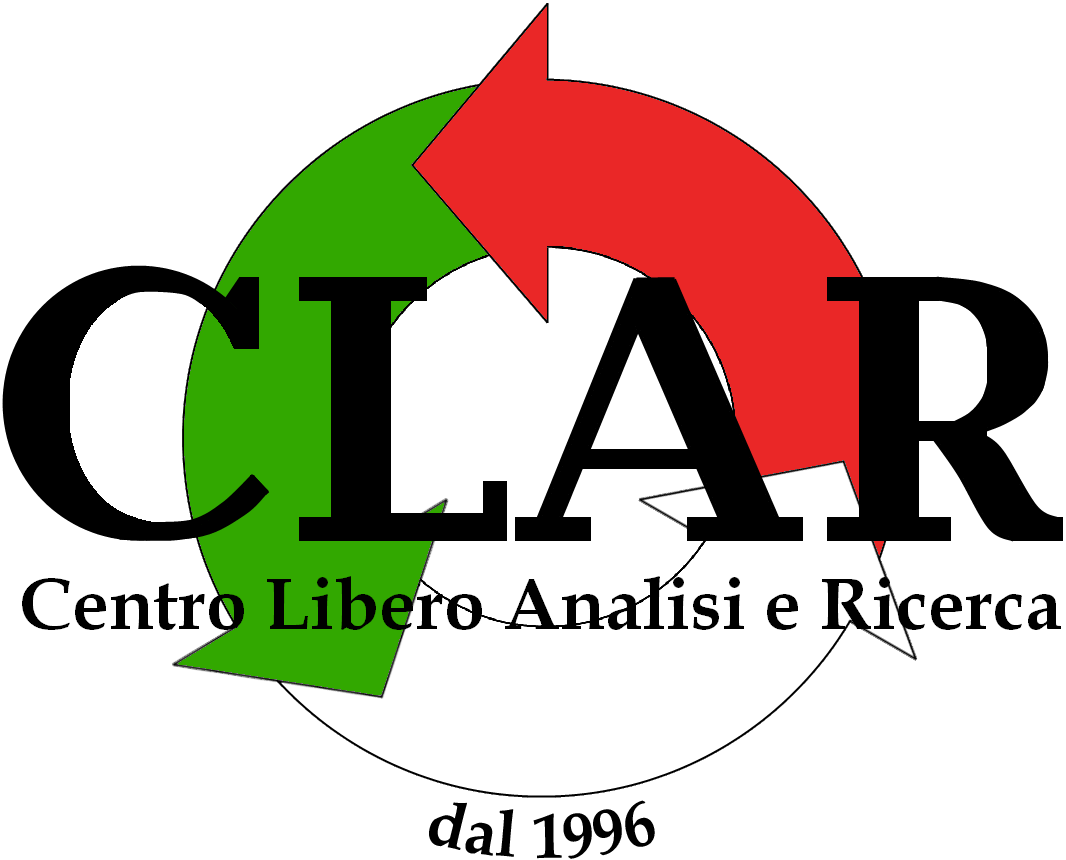On the occasion of Earth Day, the Terreno Fertile (Fertile Earth) meeting was held yesterday in Piticchio di Arcevia (AN), promoted by CLAR ETS, in collaboration with the La Terra e il Cielo cooperative, a historical reality of Italian organic agriculture.
Bruno Sebastianelli, president of the cooperative La Terra e il Cielo, opened the proceedings by recalling the long battle fought in over forty years to affirm good organic farming on national and foreign markets, i.e., production and processing that not only have to defend the fertility of its soil and provide healthy food, but also ensure, against all speculation, fair remuneration for the farmer.
Municipal councillor Martina Mencarelli, representing the mayor of Arcevia (AN), engaged in the inauguration of the Ciclo Appenninica Alte Marche (CAAM), expressed the municipality’s support, emphasising the importance of awareness on the part of young people, concluding with the poet Franco Arminio’s call: ‘to gather oneself and look at the things and creatures that revolve around us’.
Luca Serafini, president of CLAR ETS, presented the association, then passed the floor to Elena Sinatti who illustrated the Erasmus Plus Planet Friendly Schools Community project, for which CLAR is responsible for Italy, which brings together over 90 of the best training-educational practices on the theme of the sustainability of the environment, food and agricultural production: practices aimed in particular at children, young people and youth, selected in the 10 European partner countries of the project and made available to educators, teachers and trainers on the planetfriendlyschools.eu website of the same name.
Prof. Francesco Luca Basile, professor at the University of Bologna, described the activities of the Rete Humus, which brings together more than 500 organisations of Italian producers, processors and consumers, for more than 7000 ha. involved, in a project aimed at four objectives: sustainable development; fair price; responsibility towards the territory and society; goodness of food. He then summarised the data contained in the very recent IPCC (Intergovernmental Panel on Climate Change) report, which also contains fundamental indications for the agricultural sector. In conclusion, he referred to the economics of the doughnut, elaborated by British scholar Kate Raworth, which identifies the close interactions and limits resulting from the integration of economic activities and environmental resources.
Prof. Antimo Zazzeroni, president of the Institute of Natural Medicine of Urbino (PU), highlighted the importance of proper nutrition for psycho-physical health, as a condition of balance, which speculation and consumerism have been threatening for some time, both on an individual and collective level, as demonstrated by the senseless use of glyphosate, the spread of food intolerances, and even coeliac disease: there are therefore many factors that demonstrate the validity of organic farming as a source of healthy food and at the same time protection and enhancement of the natural environment.
In the concluding debate, among others, the president of the association of companies in the Misa and Cesano Valleys, GioMarche, the entrepreneur Riccardo Montesi, spoke. He proposed that the workers of member companies could order and receive their organic products weekly from the cooperative La Terra e il Cielo. The mayor of Urbino, Maurizio Gambini, an agricultural entrepreneur and president of the Terrabio producers’ cooperative, gave news of the agreement between his cooperative and La Terra e il Cielo, for the shared marketing of some of its products, pointing out that many of the sector’s current critical issues can be addressed by improving the technique in the field as well as by commercial agreements and arrangements that adequately organise supply.

